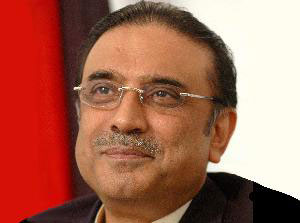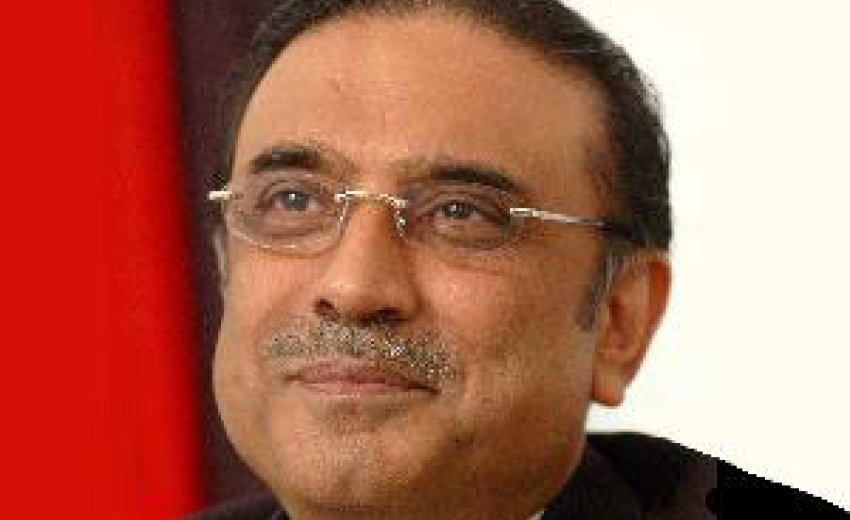Asif Ali Zardari, Pakistan’s president, has taken a big political gamble. At the weekend, he offered some of the strongest words of conciliation towards India of any Pakistani leader. He dismissed the first use of nuclear weapons in a conflict and proposed the opening of the country’s markets to free trade with its much larger neighbour.
He dismissed the first use of nuclear weapons in a conflict and proposed the opening of the country’s markets to free trade with its much larger neighbour.
The bold overtures from Islamabad to New Delhi are coming thick and fast. Only last month, Mr Zardari, fresh from meetings with Manmohan Singh, India’s prime minister, and US president George W. Bush, branded insurgents in Muslim majority Kashmir “terrorists”. The insurgents have been traditionally regarded as freedom fighters in Pakistan.
Mr Zardari’s ground-breaking comments were greeted with suspicion by Pakistan’s military establishment and intelligence agencies on Sunday. Some criticised the president for stripping the country of its nuclear deterrent. But the visionary peacemaker in Mr Zardari was met with astonishment on the streets of Islamabad.
While this is a common response, Mr Zardari’s talk of nuclear non-proliferation and a European Union-style economic zone will create goodwill for Pakistan’s new democratic government with the US administration of president-elect Barack Obama and the International Monetary Fund, called upon to help the country out of its balance of payments crisis.
The remarks will have been carefully thought out with an eye to seeking US approval when relations between Islamabad and Washington are strained over the use of US drones to attack militants on Pakistan’s soil.
“The Americans are eager for Pakistan to focus on attacking al-Qaeda and Islamist militants so that the border region is cleaned up. More conciliation by Pakistan towards the Indians helps Pakistan to focus more on what the US wants – fighting militants,” said one western diplomat.
Not everyone is so convinced. Tareq Fatemi, a former Pakistani diplomat, said: “This appeared to be a knee-jerk reaction which was hardly well thought through. If indeed much thinking had gone in to this statement, President Zardari would have asked the Indians for something in return, which he clearly didn’t.”
Pakistani officials leapt to the president’s defence, saying his overture was carefully considered. “We all believe there will be no nuclear conflict. What is the harm in making this offer?” said one.
Analysts say Mr Zardari is running a big risk with his domestic constituency. Lieutenant General (retired) Abdul Qayyum, a former military commander, said Mr Zardari’s diminishing domestic credit was running even thinner as he sought to appease his foreign constituency. “Does he realise, even if there are some gains from the US or others, how much he is damaged within the country by taking what was not a well-considered position?”
“It’s still early to see the full picture. Maybe if Pakistan unexpectedly receives some form of a [reciprocal] gesture with this statement, there are unforeseen benefits down the road. Frankly, they [benefits] are nowhere to be seen right now.”
India, for its part, is taking a more low-key approach, preferring talks and small confidence building measures, such as small-scale trade across the Line of Control and a recent visit by the Pakistani national security adviser to Delhi. But a sign of the Indian government’s tacit support for the revived Pakistani democracy is the absence of the usual castigation of Pakistan for terror attacks in India or ceasefire violations in Kashmir.
“We have taken several measures to improve confidence between the two countries, although there are cases of ceasefire violations in some areas,” AK Antony, the defence minister, said on Sunday.
Mr Zardari is not alone in hoping that after six decades of hostility these measures gather pace. But India in the short term is thinking in steps rather than strides.
By Farhan Bokhari in Islamabad and James Lamont in New Delhi
Copyright The Financial Times Limited 2008
